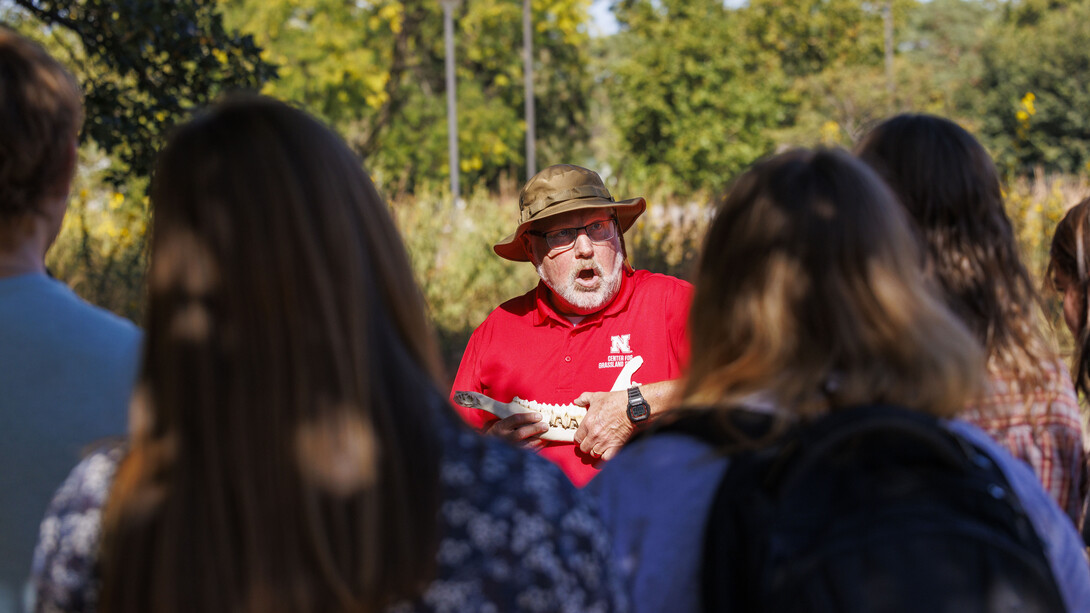Make Your Mark
With over 20 degree programs, the University of Nebraska-Lincoln College of Agricultural Sciences and Natural Resources (CASNR) is the destination for learners seeking innovative and transformative educational experiences. CASNR undergraduate programs prepare today's students for tomorrow's greatest local, state, and global challenges around food, energy, water, health, and societal systems. Students in CASNR are part of a vibrant and engaged community of diverse learners who are inspired to take their development beyond the classroom and make their mark on the world.
Degree Programs
Others
Interdisciplinary Strategic Pathways
Designed to enrich both academic and professional development, these pathways—in the form of minors, focused tracks, and a customizable degree program—enable students to explore emerging fields, deepen their intellectual curiosity, and build competencies that are critical in today’s interconnected world. They serve as vital connectors across disciplines, empowering students to think broadly, innovate boldly, and lead with impact.
Content
Attributes of a CASNR Graduate
CASNR Graduates shape our shared future. The CASNR community cultivates resilient and adaptive change-makers poised to tackle the local and global challenges spanning food, energy, water, health, and societal systems by providing a holistic educational experience integrating curricular, co-curricular, and experiential learning.
Engage diverse perspectives
for personal and professional success.
Solve problems
with validated evidence, systems-thinking, and responsible stewardship.
Impact communities and the world
through service, civic engagement, entrepreneurship, and leadership.
